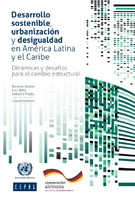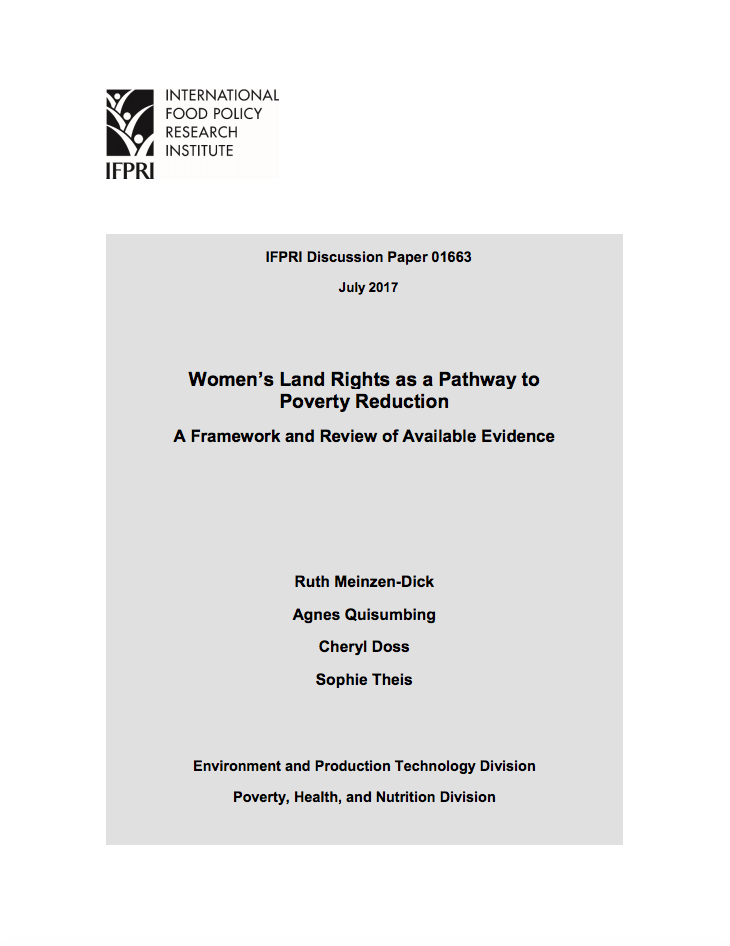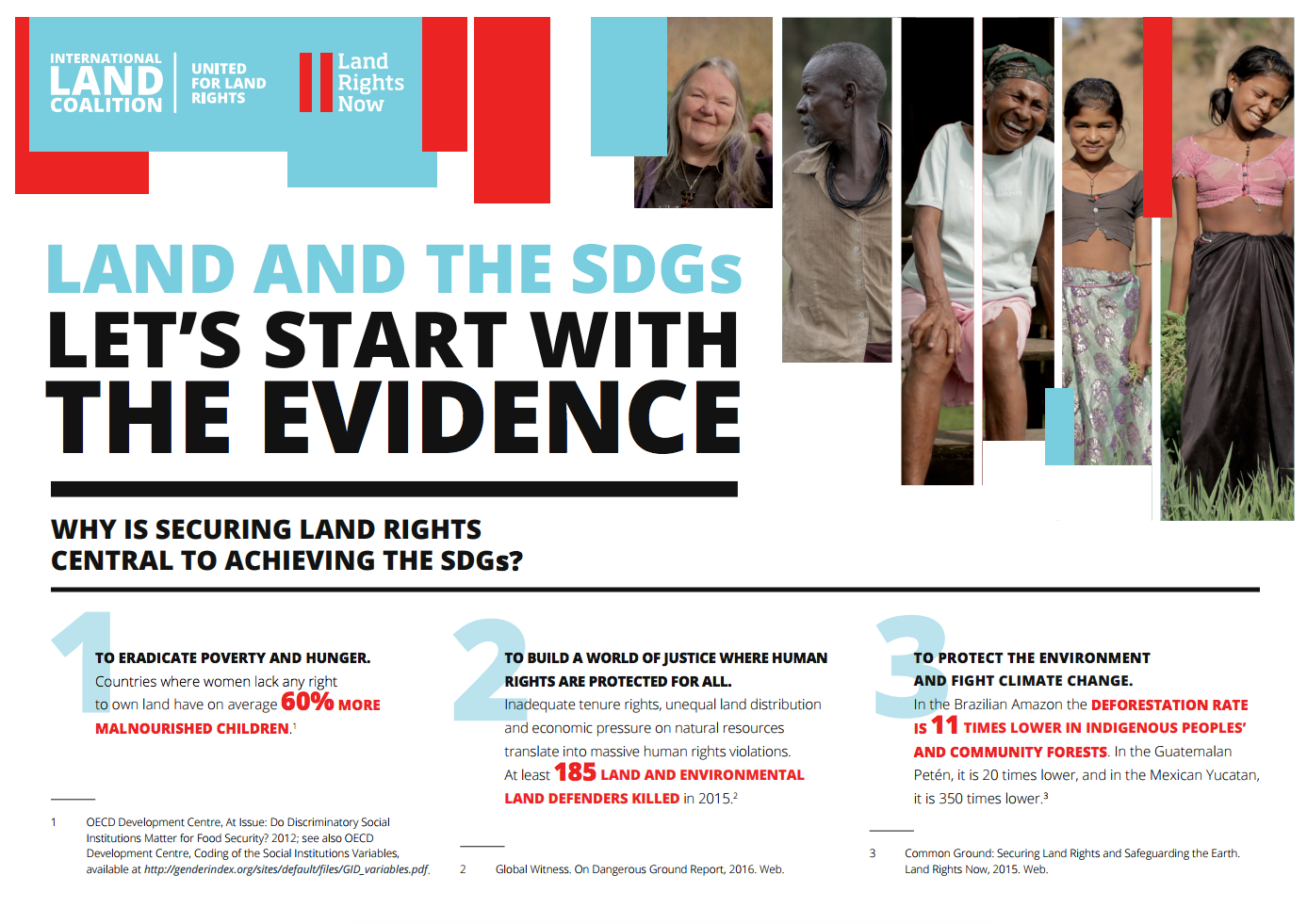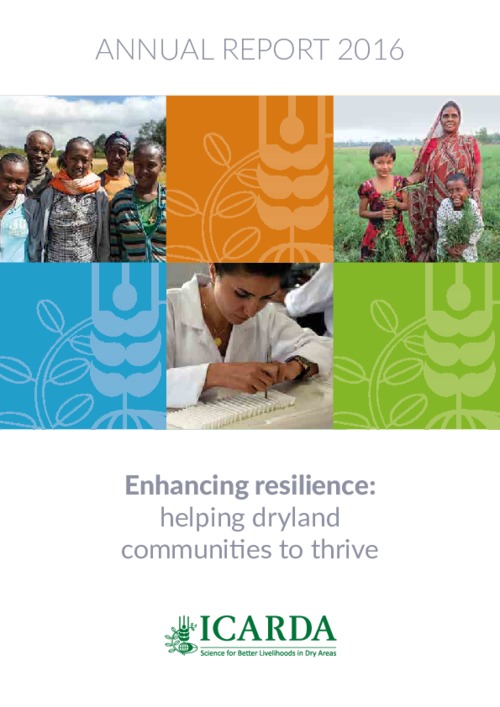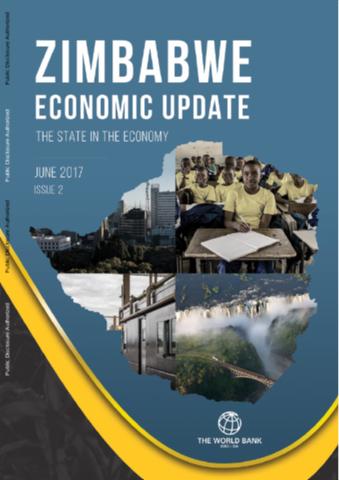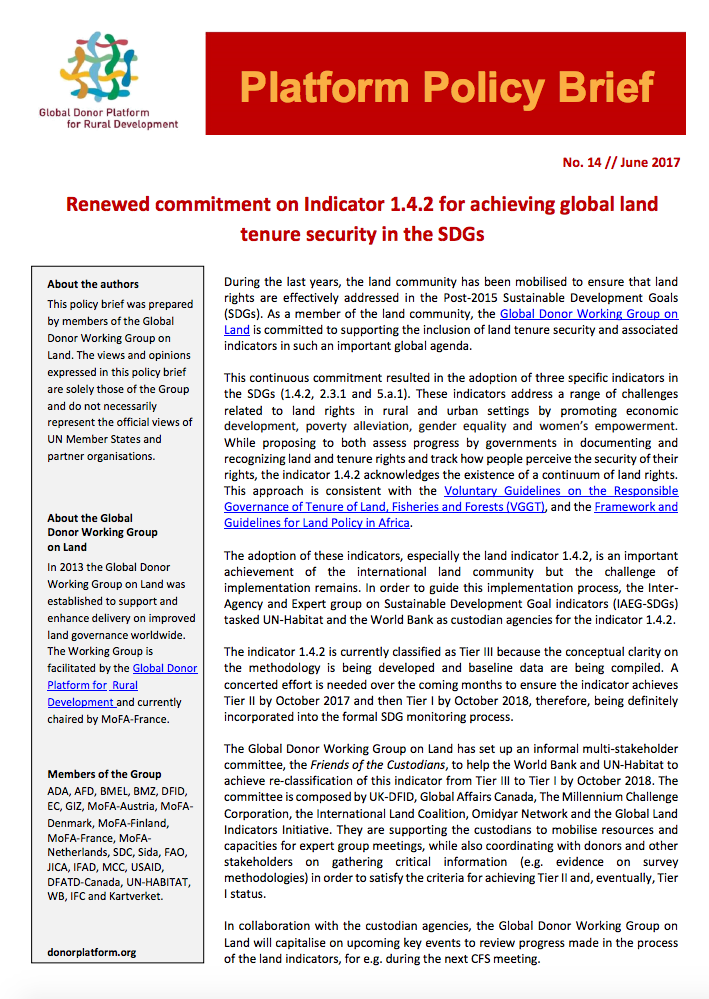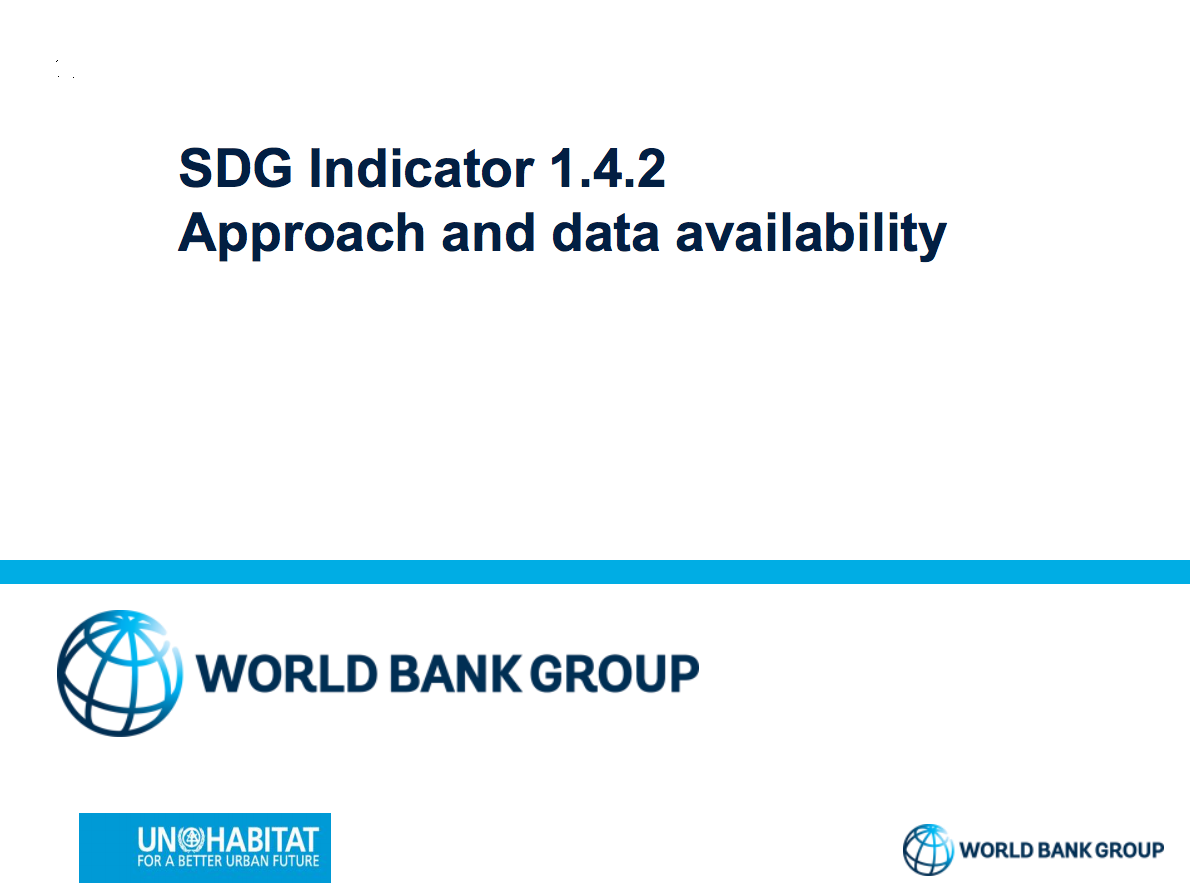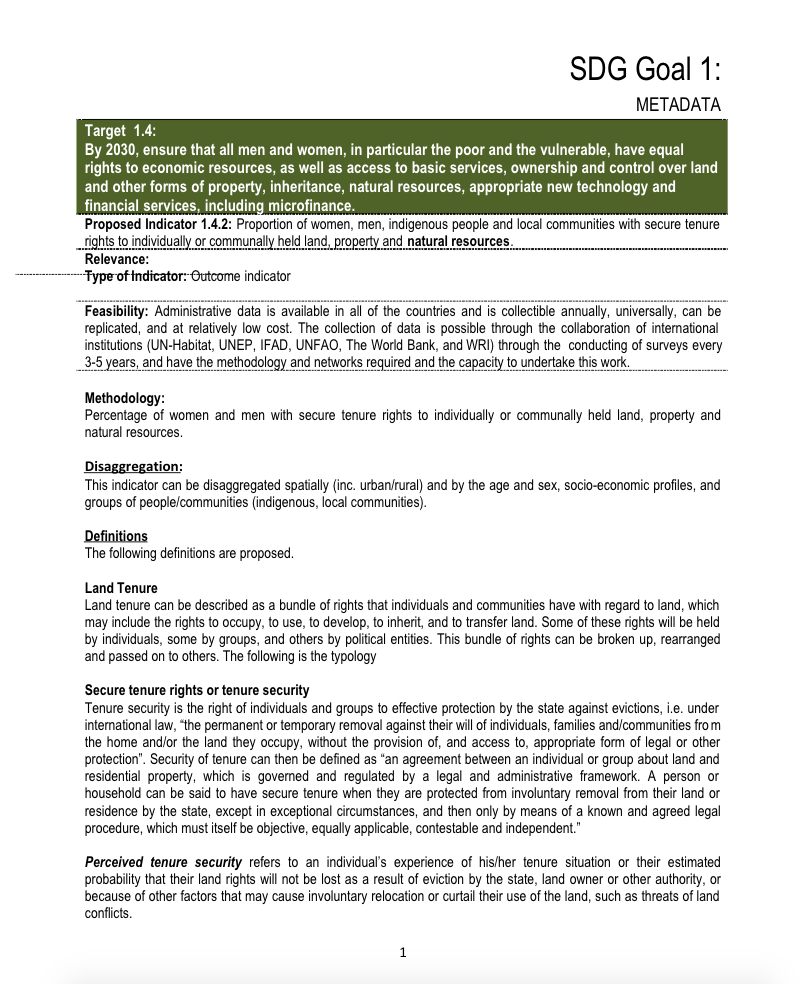Power and Potential: A Comparative Analysis of National Laws and Regulations Concerning Women's Rights to Community Forests
Up to 2.5 billion people hold and use the world’s community lands, yet the tenure rights of women—who comprise more than half the population of the world’s Indigenous Peoples and local communities—are seldom acknowledged or protected by national laws.


